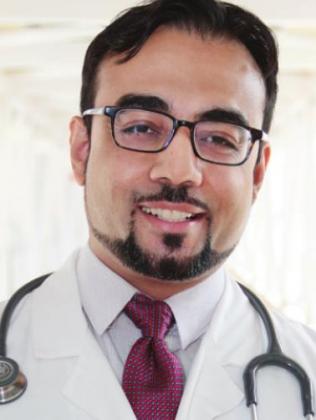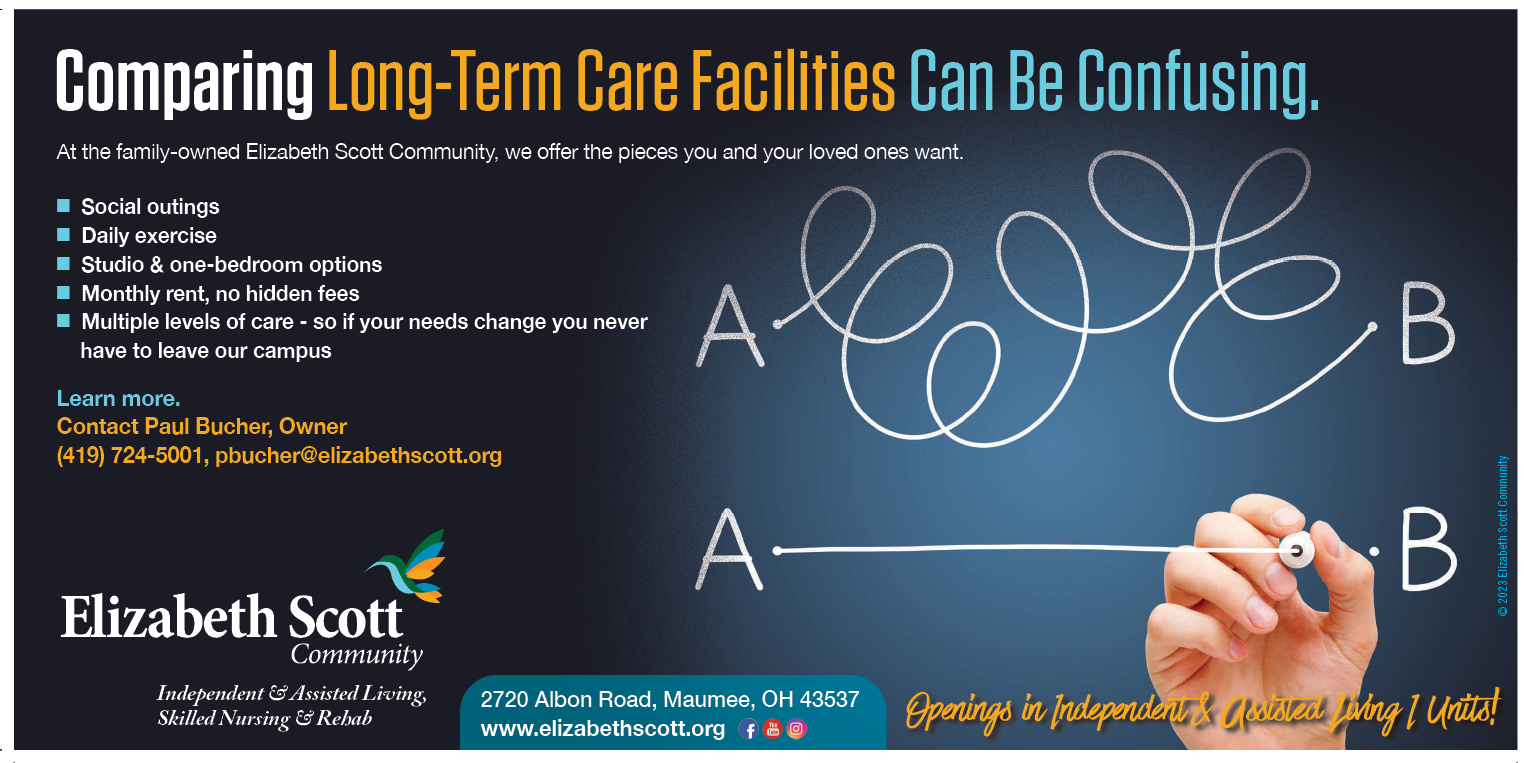HEALTH SCREENINGS ARE IMPORTANT to detect a problem early enough for the best chance of successful treatment. Patients accept that, usually. But there’s one screening that gives people pause: the colonoscopy.
Why? Well, the day before the procedure there’s the preparation: drinking an unpleasant-tasting, bowel-emptying liquid, with the results being generally uncomfortable. Then there’s the procedure itself: invasive and potentially embarrassing.
Yet, a colonoscopy is the best way to screen for colorectal cancer, the third-most-common new cancer in the country after breast and lung. “The importance of a colonoscopy is that colon cancer is quite common,” says Dr. Sumair Ahmad, a gastroenterologist with Mercy Health. Colorectal cancer—affecting the colon and the rectum—is the second-leading cause of cancer deaths in the country, after lung and bronchus cancer.
Dr. Ahmad adds that the number of new colorectal cancer cases is declining overall, to which he attributes better detection. However, he says, “we’re seeing a rise of colorectal cancer in the younger population.” That, he says, is why in 2021 the U.S.Preventative Services Task Force lowered the age suggested for having an initial colon cancer screening from 50 to 45. Men and women through age 75 are encouraged to be screened; those older can have a screening done at the suggestion of their physician.
The screening goes like this, as described by WebMD: a flexible, hollow, lighted tube about the thickness of a pen with a tiny video camera on the end is inserted in the rectum. The doctor gently pushes the tube inside the colon, kept open with the pumping in of a small amount of air. The camera’s video feed shows up on a monitor. The doctor will look for polyps—small growths—that could turn into cancer. If any are found, the doctor can remove them during the exam.
But to get to this point, the patient has to take a laxative the night before to completely clean out the bowels—such is the root of the reluctance to undergo the screening.
It needn’t be that way. “The bowel prep isn’t as bad as people think,” he says. Pharmacy companies now offer a low-in-take-volume bowel prep, so the patient doesn’t have to take in as much laxative. In some cases, a pill can achieve the desired result.
Dr. Ahmad adds, “A common impression among a lot of patients is that there are lesser-invasive approaches to screen for colon cancer. There are other options, such as a stool test. They’re good, but never comparable. Other tests would have to be followed up by a colonoscopy to remove the cancerous lesions. The best thing early on is to do a colonoscopy, where the polyps can be taken out right then and there. The other tests don’t provide that sort of freedom.”
Aside from age, there are other facets to consider when weighing whether a patient is at risk of developing colon cancer. According to Cancercare:
• Personal and family history. Those who have a parent or sibling with colon cancer, especially if the family member was diagnosed before age 60.
• Race. African-Americans, for reasons not yet understood.
• Jews of eastern European descent. About 6 percent of American Jews in this category have DNA changes that increase their risk. Those in this category should ask their doctor about comprehensive biomarker testing, which may include genetic testing.
• Inflammatory bowel disease (IBD). Those with IBD, which includes ulcerative colitis and Crohn’s disease.
• Lifestyle. Those who are overweight, are inactive, smoke, drink heavily, or eat a diet high in red and processed meat.
To these patients and anyone else who might be concerned about a colonoscopy, Dr. Ahmad allays their fears. “If a patient has reservations, I ask what their reservations, their concerns, are. If their concern is bowel prep, I tell them it’s not as bad as people think it is. If it’s payment, I go through what insurance covers. If it’s anesthesia and instruments, I explain those. I talk about polyps and how we take them out. I explain everything in great detail.”
WebMD notes that the most common reason people give for not having a colonoscopy is that their doctor never mentioned the test. Dr. Ahmad advises his colleagues in the medical community who might not already be doing so: “Have a solid, comfortable discussion with your patients for rectal cancer screening. If you refer a patient for a colonoscopy, you’re doing the right thing.”
And to those who are reluctant to undergo a colonoscopy because of the prep, WebMD urges just going ahead and getting it done; it’s a small price to pay for cancer prevention.
Dennis Bova is a freelance writer and editor.


